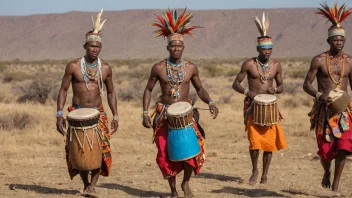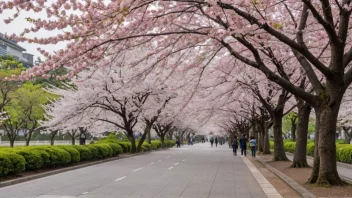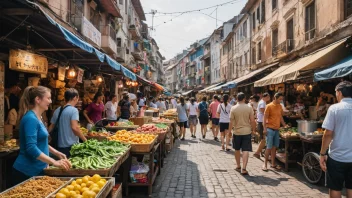Traveling is often seen as a way to escape the daily grind, but it can also be an opportunity for profound personal growth and cultural exchange. Volunteer travel, in particular, serves as a unique bridge between adventure and altruism. By immersing yourself in a new culture while contributing to meaningful projects, you cultivate cultural competence that enriches your life and the lives of those you meet. Here are several impactful ways to build your cultural competence through volunteer travel.
Engage with Local Communities
One of the most rewarding aspects of volunteer travel is the chance to engage directly with local communities. Whether you are teaching English in a rural school, working on environmental conservation projects, or assisting in healthcare initiatives, your interactions with residents will enhance your understanding of their culture. Consider these approaches:
- Participate in local events and festivals to experience traditions firsthand.
- Attend community meetings to understand local issues and perspectives.
- Build relationships with locals by spending time in communal spaces, such as markets or parks.
Learn the Language
Language is a key component of cultural understanding. Even learning a few basic phrases can break down barriers and foster connections. Here are some tips:
- Take a language class before your trip or use language apps to familiarize yourself with the basics.
- Practice speaking with locals; they often appreciate the effort and may offer to help you learn.
- Immerse yourself in the language by reading local newspapers or watching films.
Understand Local Customs and Etiquette
Every culture has its own set of customs and social norms. Understanding these can prevent misunderstandings and show your respect for the local way of life. Here are some practices to adopt:
- Research cultural norms regarding greetings, dining etiquette, and dress codes.
- Ask for guidance from your hosts about any specific customs to observe.
- Be open-minded and adaptable if you encounter practices that differ from your own.
Embrace Cultural Exchange
Volunteer travel is not just about giving; it's also about receiving. Engaging in cultural exchange can broaden your perspective and deepen your cultural competence. Consider the following:
- Share your own culture through storytelling, cooking, or teaching skills that showcase your background.
- Participate in local workshops or classes to learn traditional crafts or cooking techniques.
- Document your experiences through journaling or blogging to reflect on the cultural lessons learned.
Reflect on Your Experiences
After your volunteer trip, taking time to reflect on your experiences can solidify your learning and enhance your cultural competence. Here are some methods to consider:
- Keep a travel journal to jot down your thoughts and feelings during and after your trip.
- Discuss your experiences with friends and family to gain new insights.
- Consider volunteering again or engaging with international communities locally to continue your cultural journey.
In conclusion, volunteer travel is a powerful way to build cultural competence while making a difference in the world. By engaging with local communities, learning the language, understanding customs, embracing cultural exchange, and reflecting on your experiences, you not only enrich your travel experience but also contribute positively to the communities you visit. This dual journey of giving and receiving fosters a deeper appreciation and understanding of our global village.






